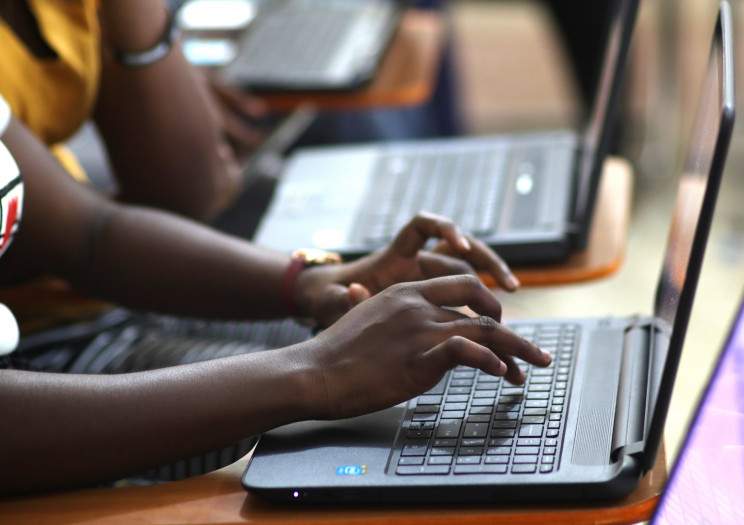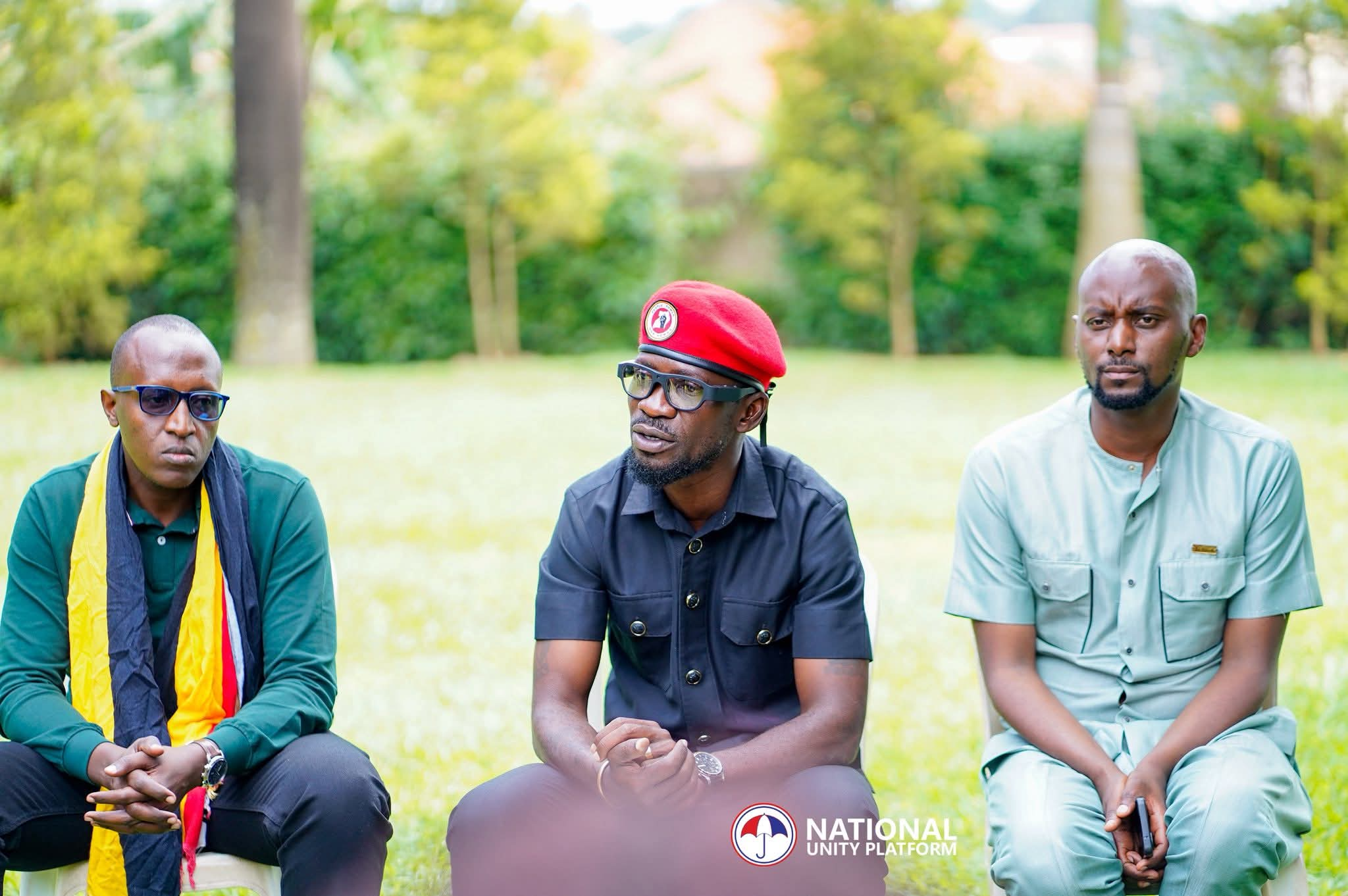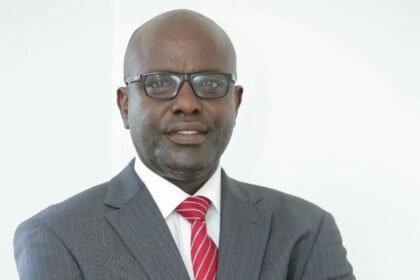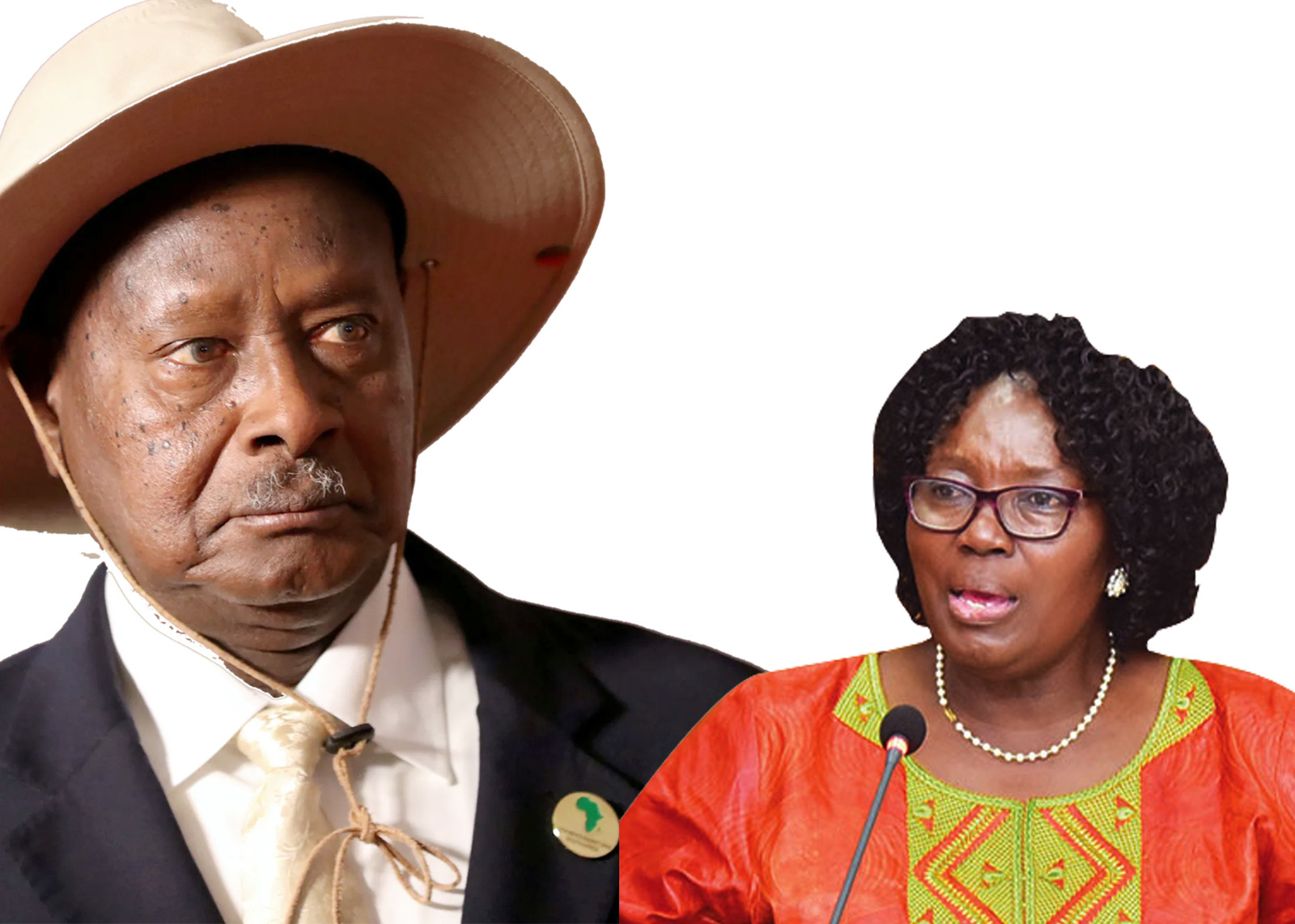This week, Victoria University Vice Chancellor Dr Lawrence Muganga reminded us on X that it has been exactly one year since Uganda’s Ministry of ICT and National Guidance launched the National Taskforce on Artificial Intelligence. The fanfare was loud. Promises of a national AI strategy, ethical frameworks, and a roadmap to position Uganda in the Fourth Industrial Revolution filled the air. One year later, the silence is deafening. No public updates, no draft policy, no visible milestones. Meanwhile, the rest of the world is sprinting.
I write this from Lagos, Nigeria, where I am attending the 7th Privacy Symposium Africa. The conversations here are sobering. African data – especially biometric and digital identity data – is being harvested at scale by governments, telcos, fintechs, and foreign tech giants. Much of this data is quietly funneled into training the large language models and computer vision systems that now power global AI. The question echoing in every session is simple: Who controls the data that teaches the machines about us, and what version of Africa are those machines learning?
In Uganda, NIRA has collected fingerprints, facial images, and iris scans from over 30 million citizens. Our mobile money transactions, health records, and land registry details are increasingly digitised. Yet we have no clear public understanding of where this data resides, who has access, or how it is being used to train AI systems – domestic or foreign. When global models like ChatGPT, Claude, or Gemini speak with confidence about “Uganda”, what are they actually saying, and whose narrative shaped the training data they ingested?
The power dynamics of the AI revolution are brutally clear. The United States, China, and Europe are not just building the most powerful models; they are determining the datasets, the ethical red lines, and the economic value chains. Africa risks becoming a data colony – extracting raw material (our personal data) to refine elsewhere while importing finished AI products at premium prices. Uganda cannot afford to be a passive passenger.
The Ministry of ICT, under Dr Aminah Zawedde, has a historic opportunity – and obligation. The National AI Taskforce must move from closed-door meetings to transparent, aggressive action. We need, urgently:
1. A published progress report and a firm timeline for the National AI Strategy before March 2026.
2. Clear data sovereignty rules that mandate local storage and processing of sensitive biometric and citizen data used in AI training.
3. A deliberate programme to create Ugandan datasets – in Luganda, Runyankole, Acholi, Lusoga, and our 40+ languages – annotated by Ugandans, for Ugandans. If we do not feed the machines our stories, cultures, and realities, someone else will feed them stereotypes.
4. Partnerships with local universities (Makerere, Victoria, Uganda Christian University, MUBS) to train the next 10,000 Ugandan AI engineers and ethicists. We cannot outsource thinking.
5. Guidance for content creators, journalists, and educators on how to produce high-quality, verifiable Ugandan knowledge that AI systems can trust and cite.
National Guidance in the ministry’s name is not just about rallies and patriotic songs. In the AI age, guidance means shaping the digital narrative of Uganda before foreign models do it for us.
The Lagos symposium ends with a stark warning from Nigerian data protection commissioner Dr Vincent Olatunji: “The countries that control the data and the algorithms will control the future.” Uganda is not short of talent, ambition, or strategic location. What we lack is urgency.
Dr Zawedde, the clock is ticking louder than ever. Release the taskforce findings. Open the conversation to the public. Give us a strategy that makes Uganda not just a consumer of AI, but a shaper of it. Let us leapfrog – safely, sovereignly, and proudly – into this new era.
Because if we continue sleeping on the wheel while the world races ahead, we will wake up to find that the AI revolution happened without us – or worse, happened to us.
……..
Mike Ssegawa is a Ugandan journalist, and communications consultant.
Do you have a story in your community or an opinion to share with us: Email us at Submit an Article








